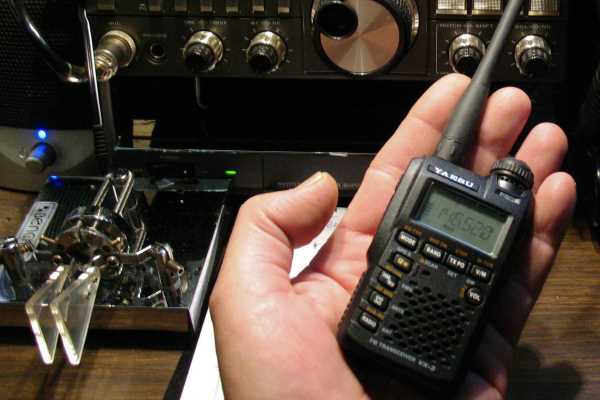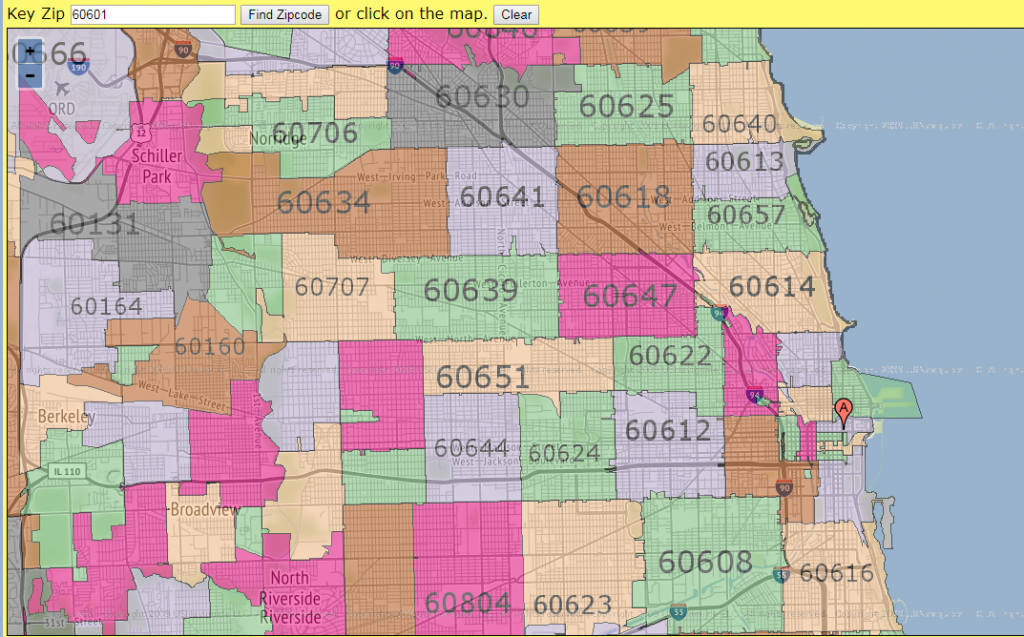Technicians comprise about half of the licensed Ham Radio population in the United States. While there’s a lot of stuff you can do in ham radio with a Tech ticket, sometimes the newly-licensed need to be exposed to different ways of enjoying their new hobby. At the same time, clubs are constantly looking for new programs or activities for their members.
Back in the early 2000s, I came up with the idea of a 2-meter FM simplex contest for my local club, the Twin Cities Amateur Radio Club in Champaign-Urbana, Illinois. The idea was simple: make an event that Technicians in our club could participate in that would teach them skills in FM simplex, efficient operating, and message/traffic handling. I also wanted something the more experienced Hams in the area would enjoy, but not something that would take up an entire day.
Basic contest rules involve trying to contact as many Hams as possible from as many different geographic units during the contest period. Points are awarded for each contact made. The point total multiplied by the number of geographic units gives you the final score.
For my FM Sprint in east-central Illinois, each contact was worth one point, and you could only contact a station once during the contest. I used cities as the geographic unit. An operator who made 20 contacts in six different cities would have a score of 120 (20 x 6 = 120). There are lots of small towns in east-central Illinois, so making contacts with participants in six different cities was certainly possible.
Entry categories were based on power: QRP (5 watts or less), Low (5-20 watts), and High (20-50 watts). I capped the power limit at 50 watts, which is what most FM mobile radios can achieve. I also had a separate category for HT and “rubber duck” antenna. An entrant with an HT and rubber duck was not competing directly against a 50-watt station with a 15-element Yagi on a 50-foot tower. I set a one-hour time limit for the event, held just after dinner on a Sunday evening.
Simplex operation on the 2-meter band was permitted in two different band segments: 146.400 to 146.580 MHz, and from 147.430 to 147.570 MHz. I restricted contest operation on the National Calling Frequency of 146.520 MHz.
Rovers
I also permitted rovers in the event. These were people who operated from their car and transmitted from more than one city. You could work a rover each time they transmitted from a different city. For safety concerns, rovers were permitted to have a driver so the operator could focus on making contacts. Another issue surfaced: Because there is plenty of farmland between small towns in east-central Illinois, a new geographic unit, Mobile, was created to allow rovers to make contacts between cities. The Mobile unit applied to any territory that was outside a city limit. Stations could only work a rover from the Mobile unit once, just like any other geographic unit. A rover station had to be completely self-contained; that is, all aspects of the station had to be in or on the vehicle and had to be capable of making contacts while the vehicle was in motion.
Portable Operation
Some operators may not have the best operating site for an FM event. If that’s the case, they could try operating portable at a better site. Parking garages, hills, or any place that’s a bit higher would work. This could provide a great lesson to newer operators on how height and terrain can impact line-of-sight communications on VHF simplex.

Administration
Each contact required an exchange of the first name of each operator and their city. The logs had to include the time of each contact, callsign worked, name and city of the operator, and entry category information for each entrant. Logs needed to be emailed to me within 24 hours. They were then compared between stations for each contact. If there was an error in information copied (such as an incorrect callsign, first name or city logged incorrectly), no points or multiplier credit were awarded for that contact, and it did not factor into the entrant’s final score. I came up with some certificates and mailed them out to the winners. It was low-key and fun. Participation was high, with nearly 50 entries from all around central Illinois.
Modify at Will
The FM simplex contest model is extremely flexible and can adapt to many situations. If you live in a densely-populated urban area, you could use ZIP codes as your geographic unit. A detailed ZIP code map is available at http://www.zipmap.net/. A smaller-scale event, such as on a campus or your workplace, could use specific buildings or departments as multipliers. Maybe you want to allow contacts on more than one band or use a different band for the event. You could even consider using 10 meters, if you have enough Technicians in an area with HF gear.

I introduced the FM simplex contest at ARRL headquarters during my time there. We used different departments within the building as multipliers, and the event ran for only 15 minutes. We ran the event over the lunch hour, with people gathering in the conference room after the event to swap stories while scores were computed and winners determined. Everybody was back at work by 1 pm.
This event could spark other club projects, such as a homebrew 2-meter antenna project session. Teach the Technicians in your club how to build their own ground plane, J-pole or simple Yagi antenna before the event is held. If some members of your club are new to simplex operation, they might need assistance in programming the simplex frequencies into their radios’ memory channels, learning how to operate the VFO on their HT, or setting the squelch properly so they can hear weaker signals.
An FM simplex contest doesn’t have to be complex or time-consuming to be fun and teach critical operating skills. Events such as this can build a club’s sense of camaraderie and help make better operators with a diversified skill set. Consider running your own FM simplex contest and help get more operators in your club on the air!

